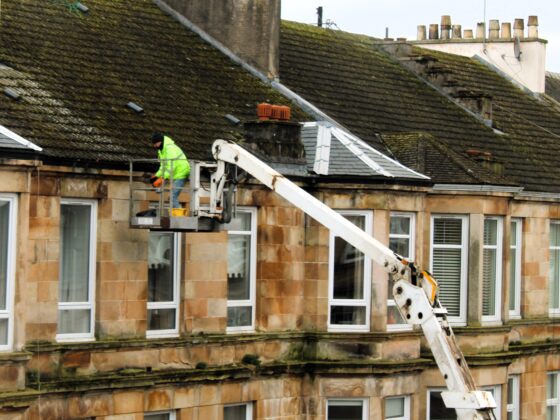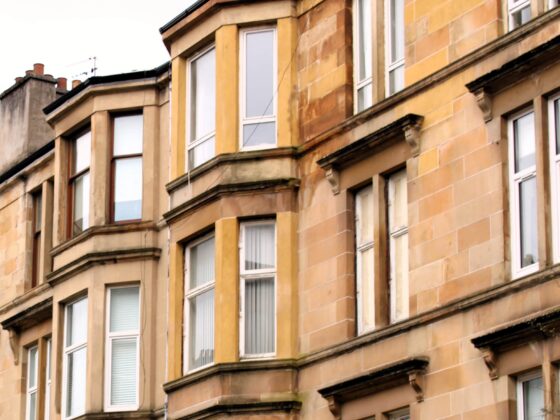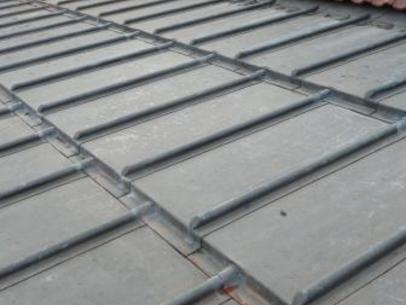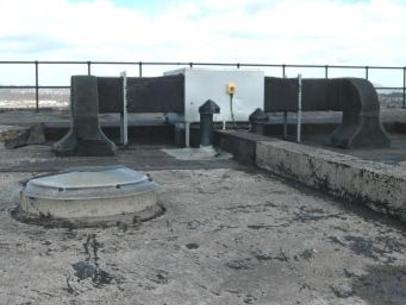Repairs are inevitable and need to be tackled quickly before more damage is caused. Ideally, you will have saved a cash reserve for such occasions. Otherwise, you will need to consider getting a loan. Grants for repairs are seldom available.
How do I find the money?
Ideally, you and your co-owners will save regularly into a Building Reserve Fund. Next best practice is to have your own savings account. Even a small amount saved regularly with a credit union will be useful as the credit union can then give you a loan for repairs. There are other sources of loans. For more information about savings and loans see this article.
Should we have a joint maintenance account for our building?
It is good practice to have an owners’ association which will run a joint maintenance account. You can use this account to pay for small repairs and get these tackled quickly, without the delay caused by having to ask each owner each time. If you have a property manager, they will manage your account which you may keep topped up as a float.
Am I paying the correct share of common repair costs?
Every owner needs to pay their share of common repairs. The share is set out in your title deeds. If you have problems with your title deeds, then you need to refer to the Tenements Act.
What happens if I can’t or don’t pay?
If you are struggling to pay for repairs, get financial advice. If this doesn’t help, consider telling your co-owners that you have examined all your options and simply cannot pay. This will allow them to consider alternative solutions – they may need to serve a legal notice to allow them to make a charge on your property which will be registered on your title deeds.
If they follow correct procedures, your co-owners or property manager can enforce repairs and use the law to take legal action against you. You should avoid this as the legal expenses will be added to your repair bill.
Your co-owners can also ask for help from the council. If the council steps in to help, they have additional powers to get their money back.





